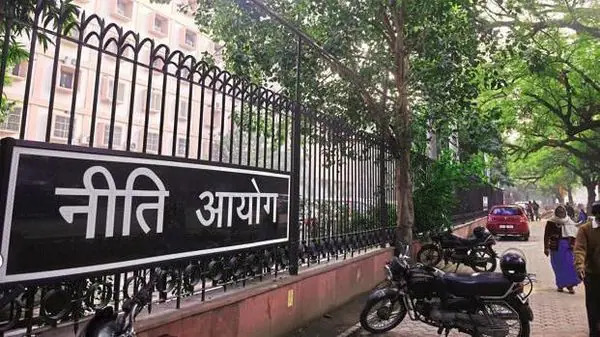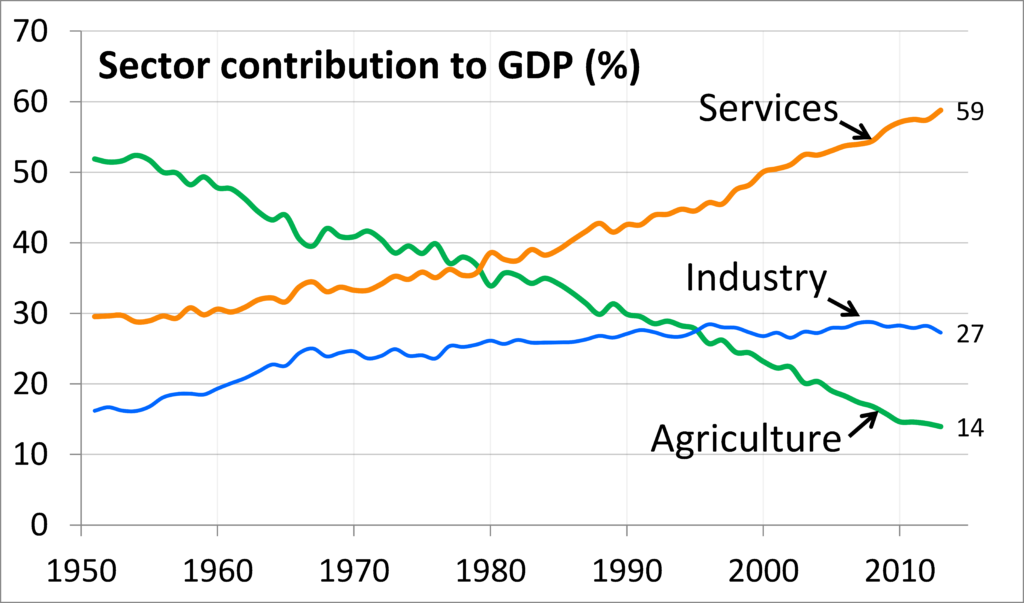Banks are the backbone of India’s financial system, acting as vital intermediaries between savers and borrowers. They drive economic growth, promote financial inclusion, and support infrastructural development. India’s banking sector is diverse, comprising public sector banks, private sector banks, foreign banks, cooperative banks, regional rural banks, development banks, payments banks, and small finance banks—each serving unique financial needs. Regulated by the Reserve Bank of India (RBI), this dynamic system ensures stability, fosters innovation, and contributes to the nation’s overall progress.







